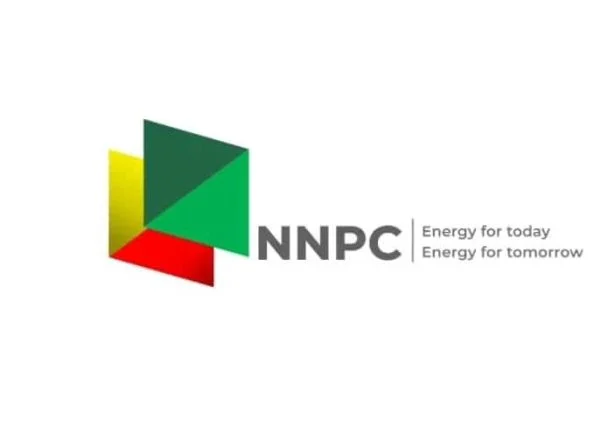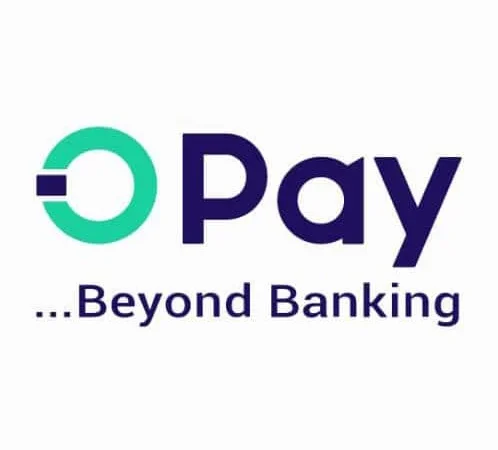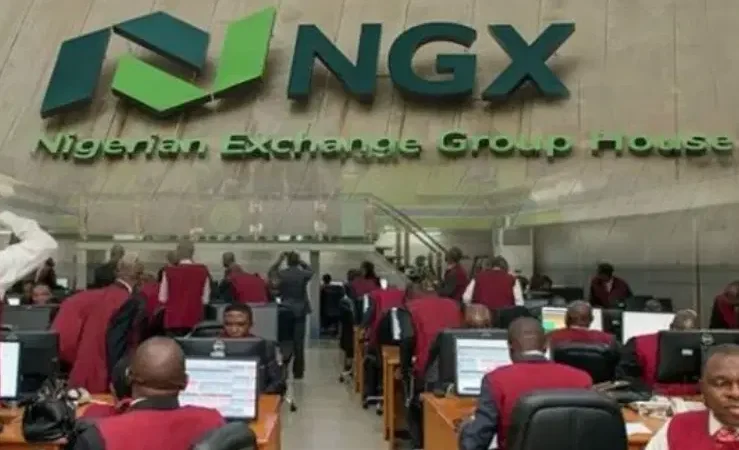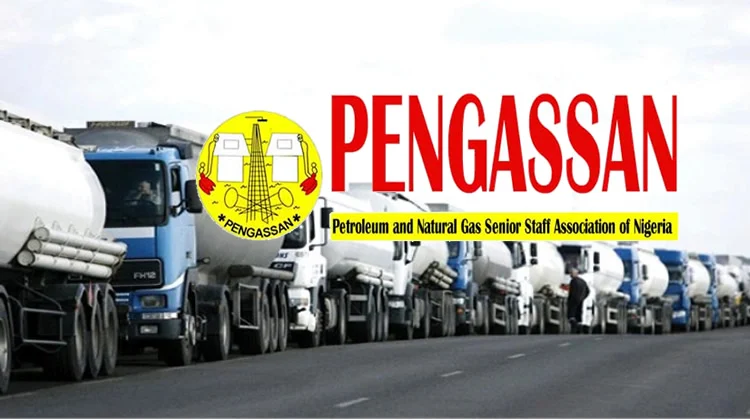Dangote refinery resumes gantry self-collection sales Tuesday
 Dangote Petroleum Refinery and Petrochemicals Limited has announced that it will resume self-collection gantry sales of petroleum products at its facility beginning Tuesday, September 23, 2025.
Dangote Petroleum Refinery and Petrochemicals Limited has announced that it will resume self-collection gantry sales of petroleum products at its facility beginning Tuesday, September 23, 2025.
The disclosure was made in an email communication from the Group Commercial Operations Department of the refinery, which was obtained by Saturday PUNCH on Friday. The decision marks a reversal of a directive issued earlier in the week, which had suspended self-collection and compelled marketers to rely exclusively on the refinery’s Free Delivery Scheme.
The company explained that while gantry access is being reinstated, the free delivery service remains operational, with marketers encouraged to continue registering their outlets for direct supply at no additional cost.
“In reference to the earlier email communication on the suspension of the PMS self-collection gantry sales, please note that we will be resuming the self-collection gantry sales on the 23rd of September, 2025,” the statement read in part.
Dangote Petroleum Refinery also apologised to its partners for any inconvenience the suspension may have caused, while assuring stakeholders of its commitment to improving efficiency and ensuring seamless supply.
“Meanwhile, please be informed that we are aggressively delivering on the free delivery scheme, and it is still open for registration. We encourage you to register your stations and pay for the product to be delivered directly to you for free. We sincerely apologise for any inconvenience this may cause and appreciate your understanding,” the company added.
On September 18, 2025, Dangote refinery had suspended gantry-based self-collection of petroleum products at its depot. The move was designed to accelerate the adoption of its Free Delivery Scheme, which guarantees direct shipments of petroleum products to registered retail outlets across Nigeria. The company had also explained that the suspension would help curb transactions with unregistered marketers, either directly at its depot or indirectly through other licensed dealers.
The refinery stressed that the earlier decision was an operational adjustment aimed at streamlining efficiency in the downstream supply chain. It further warned that any payments made after the effective suspension date would be rejected.
The policy shift came against the backdrop of a growing standoff between Dangote Refinery, the Nigeria Union of Petroleum and Natural Gas Workers (NUPENG), and the Depot and Petroleum Products Marketers Association of Nigeria.
NUPENG had accused the refinery of resisting the unionisation of its truck drivers despite a government-mediated agreement, while DAPPMAN criticised the “free delivery scheme,” alleging that it compelled marketers to rely solely on Dangote’s transport fleet, allegedly at commercial rates.
Dangote Refinery, however, defended the scheme, insisting it was introduced to stabilise petroleum supply, reduce costs, and eliminate product diversion. It accused some marketers of pushing for indirect subsidies and undermining reforms aimed at sanitising the sector.
The disagreement sparked concerns about pump price stability, labour rights, and competition in the downstream oil sector, drawing attention to how the refinery’s operational strategies could reshape market dynamics.
The suspension of self-collection had generated anxiety among independent petroleum marketers and retail outlet owners who depend on gantry access. Many of these operators are yet to register for the Free Delivery Scheme and had feared supply disruptions that could cascade into scarcity at filling stations.
Friday’s announcement of gantry resumption is therefore expected to bring relief to the segment of the market that relies heavily on direct collection. Commenting on the development, the Chief Executive Officer of Petroleumprice.ng, Jeremiah Olatide, described Dangote Refinery’s dual approach—resuming gantry access while sustaining its free delivery plan—as a significant shift that could modernise efficiency in the downstream sector.
“Historically, the distribution chain has not been better off. For me, Dangote’s retail direct distribution plan is aimed at achieving efficient delivery and driving pump prices downwards, because the middlemen costs and their activities could be a stumbling block,” he said.
Olatide added that the reforms being introduced by the refinery also create opportunities for innovation in how petroleum products are distributed and retailed across Nigeria.
“For marketers and depot owners, this reform calls for innovative ways of service delivery as it will help drive the downstream sector to embrace best practices. I expect all and sundry to embrace this change as this is what makes business dynamic,” he noted.
With the resumption of gantry self-collection and the continuation of the Free Delivery Scheme, Dangote Petroleum Refinery appears to be balancing two operational models. On one hand, it is ensuring that marketers retain the option of direct pick-up, and on the other, it is pushing for broader adoption of its delivery-based structure.
Industry observers believe this balanced approach could ease tensions between the refinery and stakeholders while also giving the company room to demonstrate the efficiency of its delivery system. If successful, the model could reduce costs in the supply chain, improve transparency, and eventually stabilise fuel availability across the country.
As the refinery continues to adjust its operations amid rising expectations, its next steps will likely shape how Nigeria’s downstream sector adapts to reforms and addresses long-standing inefficiencies.







